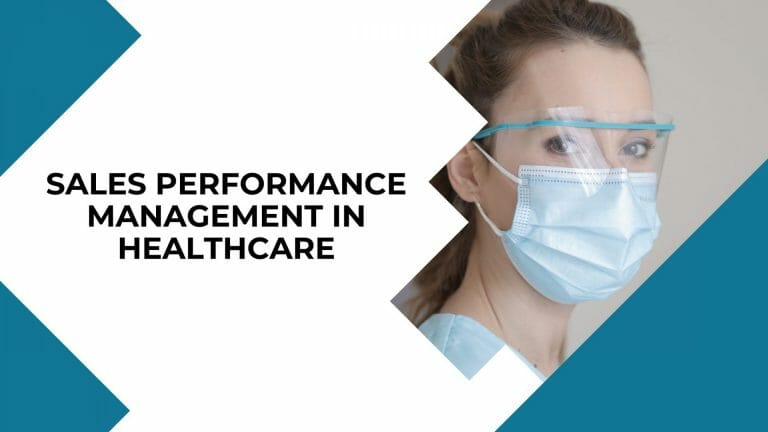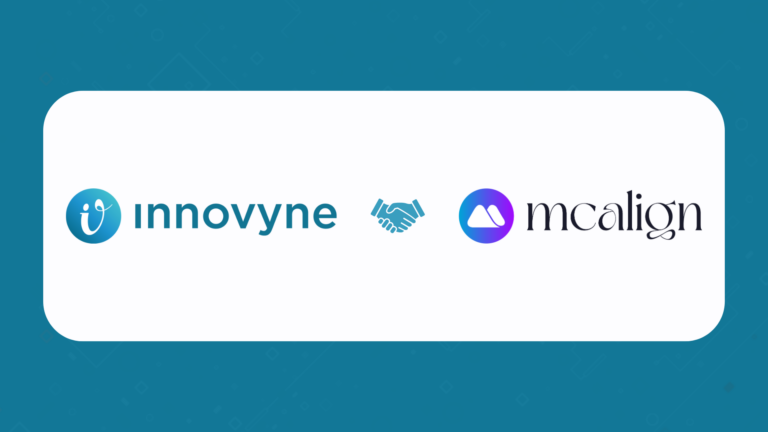Essential. Fast-paced. At the cusp of a technological revolution. Ridden with regulations. These are the words that define the global healthcare industry today.
With the addition of the sudden onset of the COVID-19 pandemic of cataclysmic proportions, healthcare is one industry that has been disrupted beyond measure with an acceleration of emerging trends. With IoT driving advanced training, patient monitoring and preventive care as well as the emergence of telehealth options and new digital-first market entrants threatening the sustainability of incumbents, companies in the sector have been forced to adapt to the market evolution and cost-reduction expectations at breakneck speed.
Additionally, the new digitally-focused disruptors have proven that healthcare solutions could be provided in a more cost-effective, user-friendly way challenging the traditional models and methods of established industry players. All of these factors have contributed to a value-based system growing more prominent where patient outcomes remain the topmost priority of healthcare providers.
Sales Performance Management Challenges in Healthcare
With the advent of the value-based payment reform, business models in the healthcare industry have evolved to reflect the changing priorities of the consumers. Hospitals, for example, serve as one of the core components of the healthcare system and are heavily reliant on new technologies and drugs introduced by pharmaceuticals and medical device companies to help achieve patient outcomes in the most effective fashion.
Pharmaceuticals and medical device companies have learned over the course of the years that one-size-fits-all does not apply to hospitals when it comes to sales. Sales to hospitals is a complex task, generally involving a team-based approach where key account managers may serve as points of contact for priority hospital accounts but are joined by medical liaisons, sales representatives, customer service representatives, etc. One of the core challenges of healthcare companies is recruiting and managing these teams, with varying levels of expertise and associated performance requirements.
In working with healthcare companies over the recent years, we have noted the keen emphasis on value-building when it comes to healthcare sales. Medical liaisons are a great example of this.
Professionals working in this role are compensated on building value for clients by educating clients, such as hospitals, on the products and services their company offers. This tracking of value-creation activities, incentivizing the right behavior through compensation plans and monitoring medical liaison performance for fair compensation is critical in retaining top talent, improving productivity and ensuring optimal value-creation for clients as well as the company. On the other hand, healthcare sales professionals such as Product Specialists are charged with the responsibility for not only generating new sales but also expanding the footprint in existing accounts.
With such specialized roles in charge of revenue production and value creation, healthcare companies are increasingly realizing the need for a robust, seamless performance management solution that allows for the designing, managing and monitoring of incentives and performance plans. Savvy organizations are leveraging performance management systems not only to manage employee performance but also to predict and plan for optimal performance while maintaining regulatory compliance.
Sales Performance Management Solutions in Healthcare
To increase footprint in customer accounts, healthcare companies first need insight into the existing footprint. Once available, this base information serves as the benchmark revenue production goal for the new year and is then appropriately translated into goals and quotas for sales professionals each year. Managing goals and quotas, an inherently complex task, is even more challenging when managed in error-prone or outdated systems.
Manual intervention makes the task significantly more time-consuming and prone to inaccuracies. In such cases, sales performance management systems become critical components of efficient operations. These systems are designed to enable organizations to easily structure, manage and monitor goals information and provide accurate benchmarking and data visualization capabilities for key performance insights.
Secondly, while many healthcare companies pay sales professionals based on the total revenue generated by their sales activities, they still require the ability to tie compensation back to individual transactions for accuracy and transparency. Sales performance management systems allow for increased data transparency within the organization by providing the ability to automatically calculate total compensation based on the aggregate revenue total while simultaneously providing a breakdown of all the transactions that contributed to the total revenue on which the compensation is based.
Moreover, sales performance management systems are purpose-built to handle the high transactional volumes that make compensation management a significantly complex task with systems such as Excel due to their inability to maintain data integrity when faced with intricate rules structures. Additionally, the distribution of compensation information is made much easier by the ability to schedule the dissemination of compensation information including transactional details. For many healthcare companies, this is one of the key components in ensuring that reps fully understand their compensation thereby increasing employee trust in organizational data and minimizing turnover due to compensation inaccuracy.
Lastly, one of the key considerations for a healthcare company is regulatory compliance. Known for ever-evolving strict regulatory mandates, the sector constantly lays down new rules for ensuring the safety and privacy of consumers. For companies in the industry, maintaining compliance with regulations such as HIPAA is critical to ensure sustainability in the market. Sales performance management systems come equipped with the ability to maintain the integrity and security of confidential data while giving healthcare companies the ability to easily manage audit compliance through audit and reporting functionalities.
Conclusion
Overall, healthcare is a sector like no other due to its importance in ensuring humanity’s survival and well-being. But given the industry’s nature, companies are hard-pressed to deal with changing market conditions and competitive landscape. In their quest to reduce costs, savvy companies recognize the need for operational efficiencies and technological enhancements that streamline daily activities, increase employee productivity and improve business performance.
InnoVyne has partnered with world-class healthcare providers to help gain significant operational efficiencies and unprecedented performance insights while maintaining strict regulatory compliance. Contact us to learn how our team can help your organization do the same.



